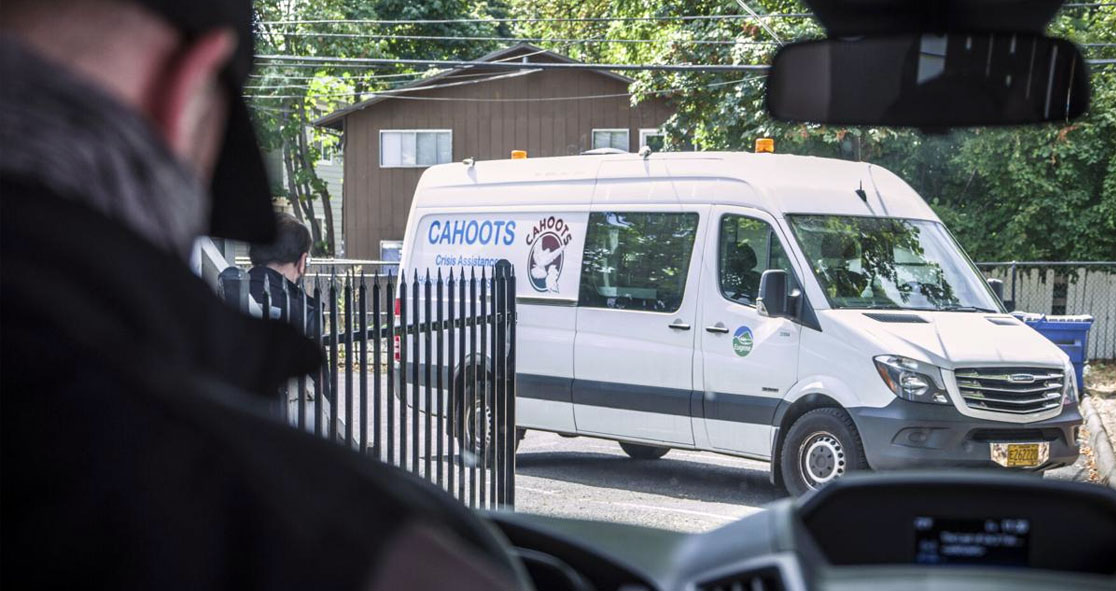Police may encounter tragic results while responding to people affected with mental health issues. To overcome that, Medicaid, the federal-state health insurance program, will help communities set up mobile teams with mental health experts who are trained in handling such situations, according to US News.
This type of strategy has been in place for over 30 years in Eugene, Oregon, with solid backing from police.
Eugene Police Chief Chris Skinner said the plan “fits nicely with what we are trying to do around police reform,” adding that this strategy works “like a simple math problem.”
“If I can rely on a mechanism that matches the right response to the need, it means I don’t have to put my officers in these circumstances,” he explained. “By sending the right resources I can make the assumption that there are going to be fewer times when officers are in situations that can turn violent. It actually de-conflicts, reducing the need for use of force.”
Eugene’s program is called Crisis Assistance Helping Out On The Streets (CAHOOTS), which is run by the White Bird Clinic. The program is part of the local 911 emergency response system but operates independently of the police, although there’s coordination, according to US News.
White Bird Clinic veteran Tim Black said, “We don’t look like law enforcement. We drive a big white cargo van. Our responders wear a T-shirt or a hoodie with a logo. We don’t have handcuffs or pepper spray, and the way we start to interact sends a message that we are not the police and this is going to be a far safer and voluntary interaction.”
Overall, 14 cities are interested in versions of that program, according to Simone Brody, Executive Director, What Works Cities, a New York-based nonprofit that tries to promote change through effective use of data.
Brody said, “It’s really exciting to see the federal government support this model. I am hopeful that three years from now we will have multiple models and ideally some data that shows this has actually saved people’s lives.”
Medicaid expert MaryBeth Musumeci said the idea of setting up mobile teams with mental health practitioners may be well-timed, adding, “All of those things coming together are putting increased focus on the need for further developing effective behavioral health treatment models.” The article was published on US News.























